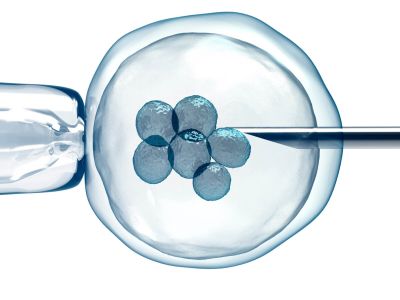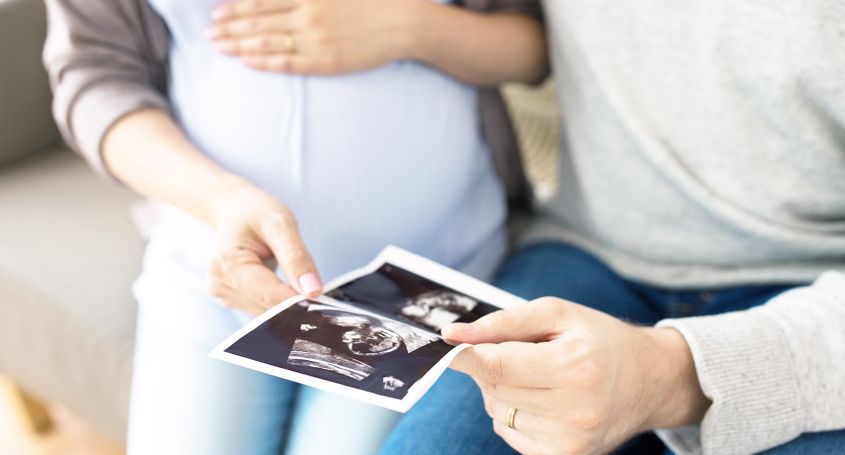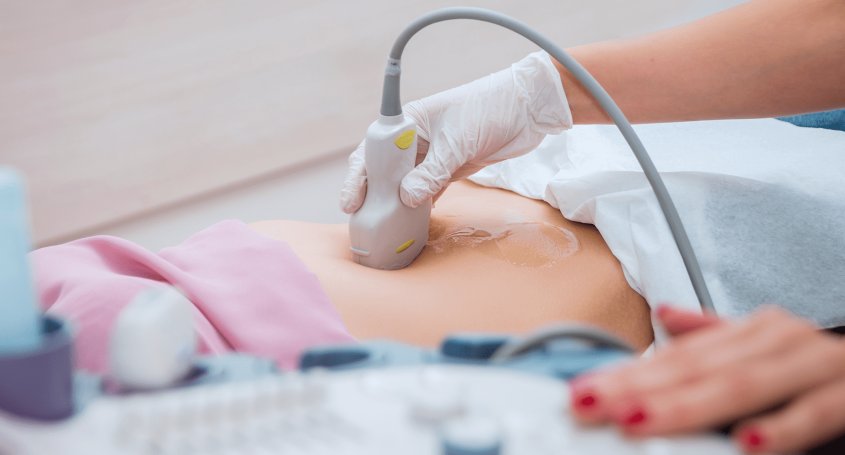According to a study carried out by the University of Aberdeen (Scotland), published in Fertility and Sterility, the pregnancies achieved after a frozen embryo transfer have lower risks than if the embryo had been transferred in a fresh cycle.
The pregnancy rates of the fresh transfers are still higher than those that you get with frozen embryo transfers. In fact, in the daily current practice, the best embryos are chosen for the fresh transfer. And only if the quality of the remaining ones is good enough they are eventually frozen.
The study analyzed more than 37000 IVF (not egg donation) pregnancies achieved after either fresh or frozen transfers. The results showed a lower risk of hemorrhage, premature birth o neonatal death when a frozen embryo transfer had taken place.
The researchers don’t know why the frozen embryo transfers are associated to a lower pregnancy risks. However the fact that these conclusions are only valid for IVF treatments can be due to the way the endometrium is prepared. The stimulation of the endometrium is softer in both frozen or egg donations cycles, where the lining is not exposed to supraphysiological levels of estradiol.
According to the opinion of some UK fertility consultants, and we agree with them, we still must be cautious, and it could be to daring to conclude that all fresh embryos transfers should be converted into frozen embryo transfers.
The real useful conclusion of this article is that it really confirms that the frozen embryos transfers are safe, but there’s no reason to change the current approach of how the transfer must be done.
Fresh versus frozen embryo transfers in IVF.
07 / 09 / 2012
0 Comments
Leave a Reply
We receive many queries and it is not possible for us to provide a personal response to all comments. We will try to answer as soon as possible. In the meantime, we invite you to check our FAQ in case they can help you.




















